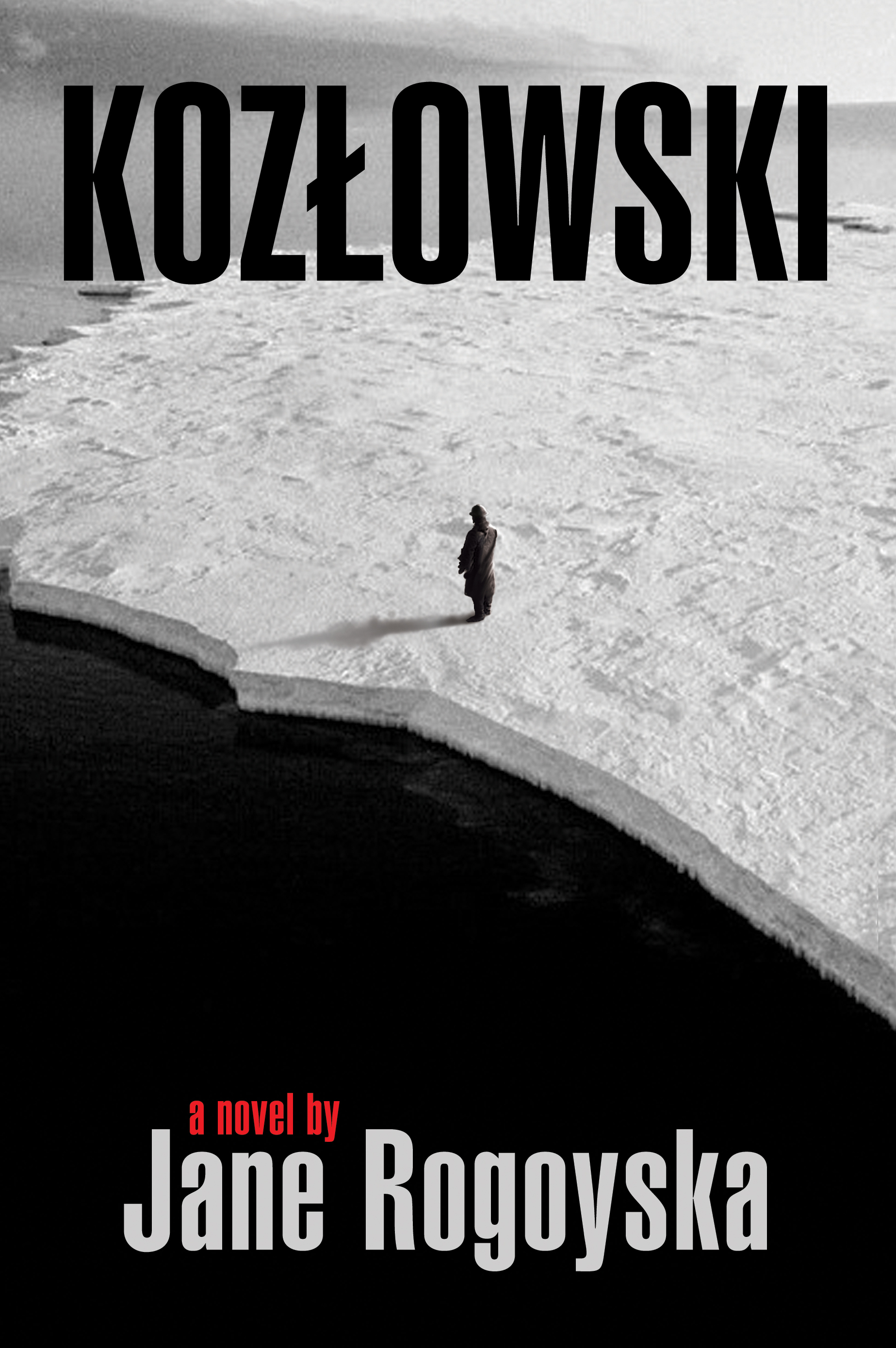Description
From acclaimed biographer and filmmaker Jane Rogoyska, Kozłowski: a new novel that explores the tragedy of the Katyń Massacre and the pain of post-war Polish exile.
Kozłowski tells the story of a young Polish army doctor whose life is changed forever by a single, mysterious event: the disappearance, in April 1940, of 4,000 of his comrades from a Soviet interrogation camp in Starobelsk, Ukraine. Exiled in post-war London, Kozłowski builds a new life, working to convince himself that the past cannot affect him. In reality, the past is the only place he longs to be. As the silence surrounding his lost comrades deepens, his attempts to submerge his feelings threaten to destroy him.
A novel about loss, memory and guilt, written in sparse and elegant prose.
‘In this heartbreaking novel, Jane Rogoyska writes with tragic power about one of the last century’s foulest crimes – Stalin’s mass murder of his Polish prisoners in 1940. In a fiction boldly using real names and events, she brings the victims of Katyń and the other murder sites, together with their families and the handful of traumatised survivors, back to brief life and hope.’
NEAL ASCHERSON
Praise for Gerda Taro: Inventing Robert Capa:
‘What sets this biography apart is the way in which it unpicks Taro and Capa’s creative and romantic relationship, showing, in the process, how integral she was to his development’
Sean O’Hagan, Observer
‘[A] lively, richly illustrated book . . . [Taro] emerges refracted through memories, conjectures and traces as an endearing personality and passionate photographer, who got ever closer to the action as she became more committed to the cause’
Lorna Scott Fox, Times Literary Supplement
THE KATYŃ MASSACRE
In September 1939, as the Polish army retreated from the Nazi invasion, the Red Army launched a surprise attack from the east. 14,500 Polish army officers were captured and detained in three camps run by the Soviet secret police: Kozelsk, Ostashkov and Starobelsk. In April 1940, the camps were emptied and the prisoners told that they were going home to Poland. Only 395 of them were ever seen again.
In April 1943, the German army discovered mass graves containing the bodies of 4,000 Polish officers in the Katyń Forest near Smolensk. The dead men were all from Kozelsk camp. Of the 10,000 prisoners missing from Starobelsk and Ostashkov there was no sign. The Russians blamed the Nazis for the crime and for fifty years their version of events was allowed to stand. The truth about the Katyń Massacre, as it came to be known, remained hidden until the collapse of communism in 1990.





Reviews
There are no reviews yet.